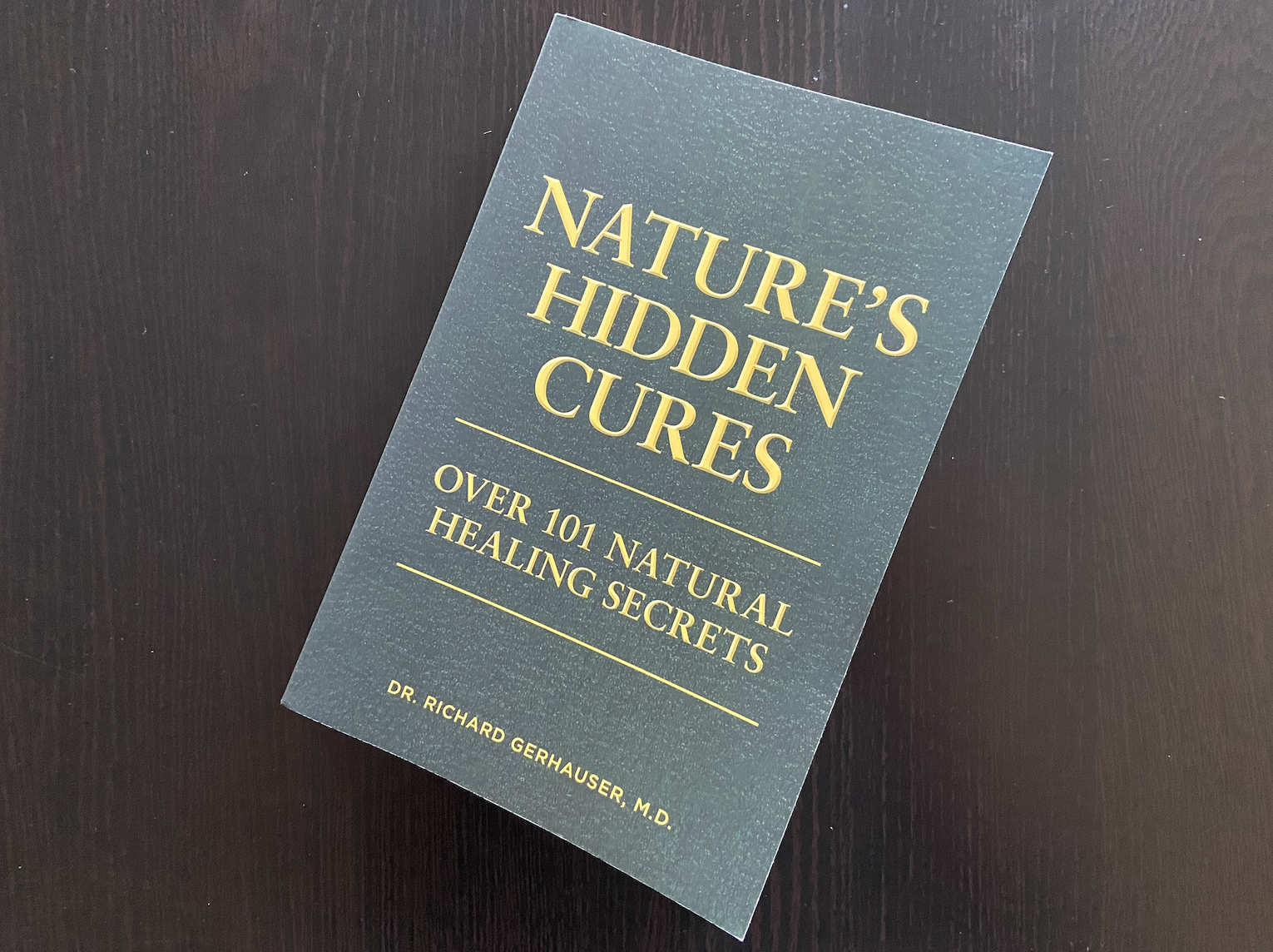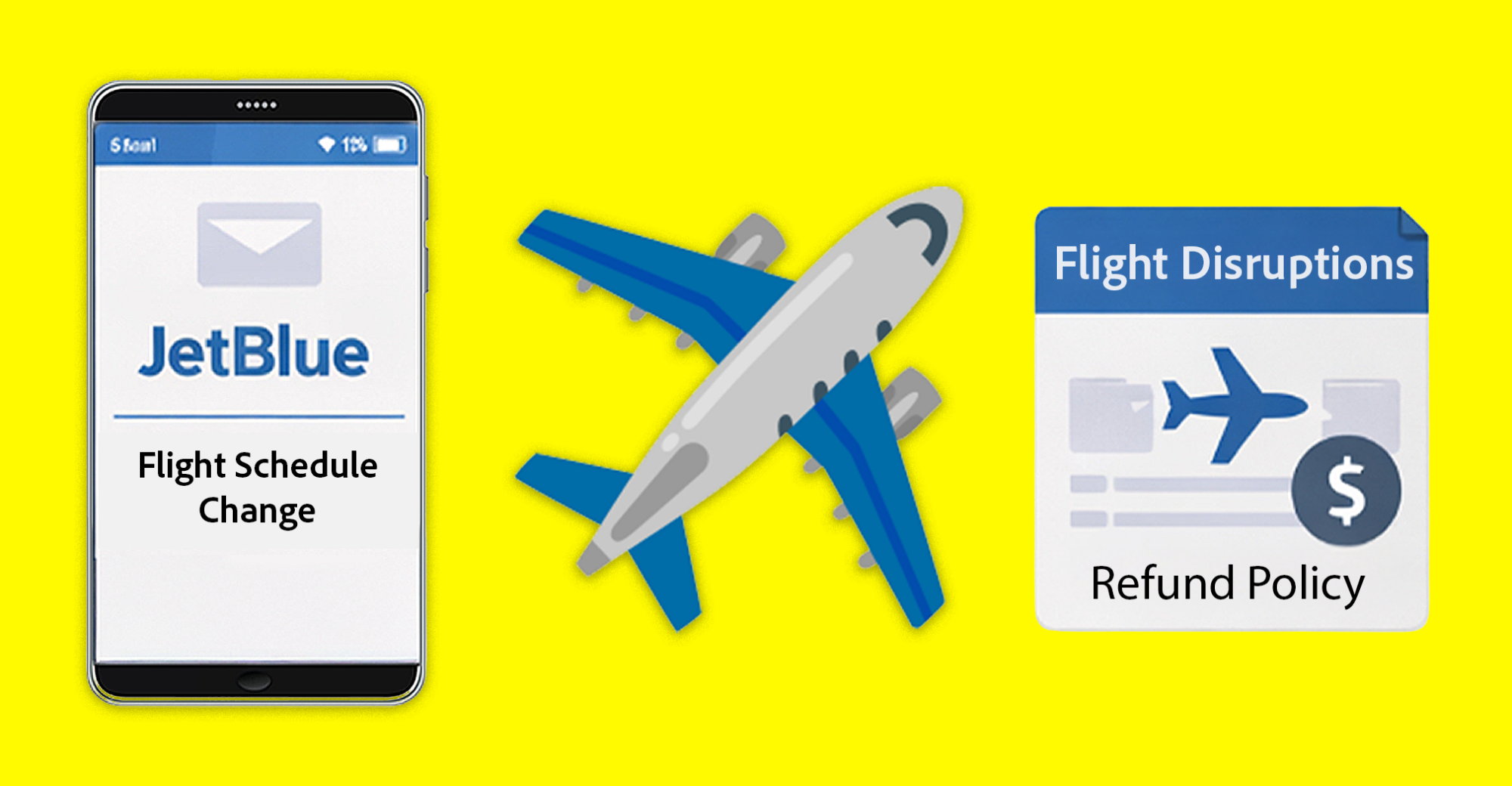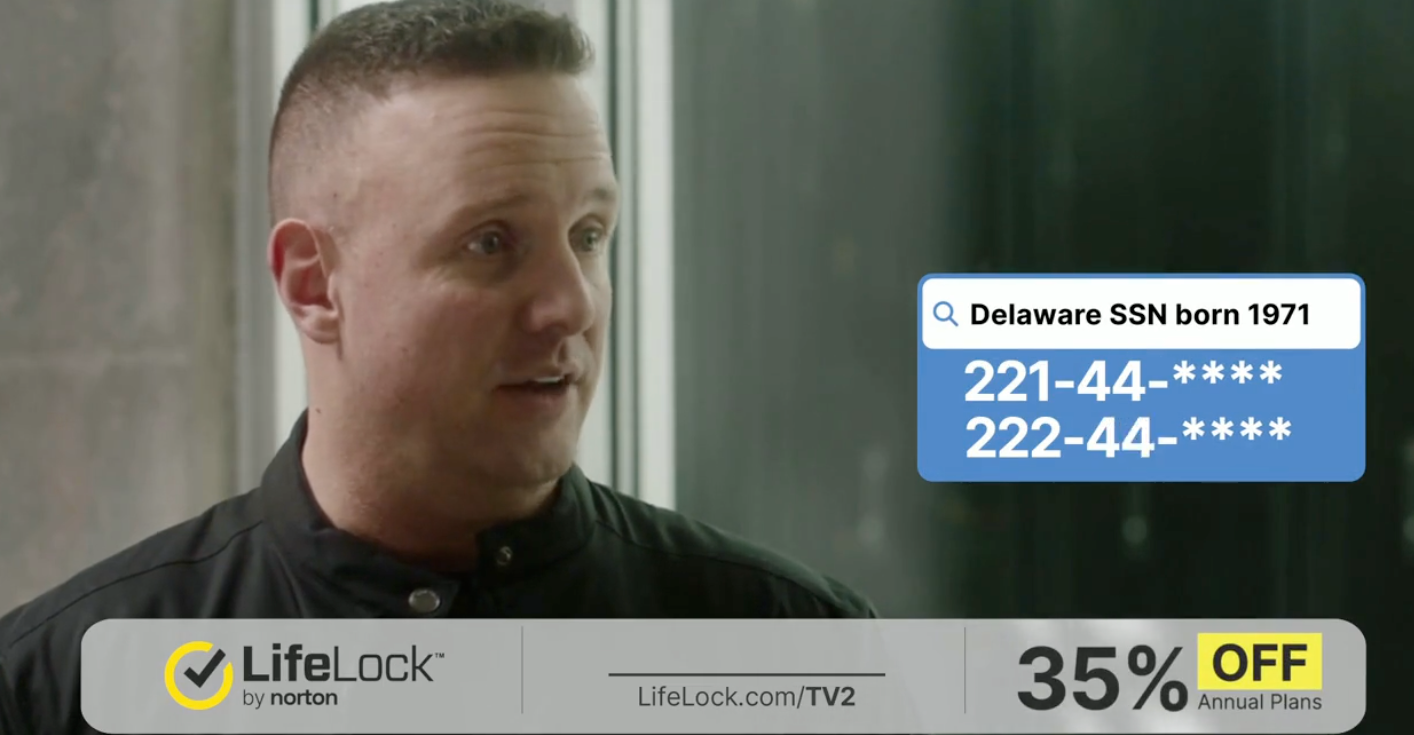
‘Nature’s Hidden Cures’
The truth about this “free” book and its mysterious publisher.
May 2016: A federal judge granted final approval of a settlement pertaining to five related false advertising class actions against Hiko Energy:
According to the settlement terms, class members may choose to receive cash or a HIKO credit. Class members who choose to receive cash will receive $3 for each month enrolled in HIKO services, up to a maximum of $60. Class members who choose to receive credit will receive a credit to use toward the future purchase of energy from HIKO. Current HIKO customers will receive a credit in the amount of $6 for each month enrolled in HIKO services (up to a maximum of $175) to be used over, at most, nine months, while former HIKO customers will receive a credit of $75 to be used on their next HIKO energy bill (if they sign up to purchase energy from HIKO for at least 3 months). (In Re Hiko Energy LLC Litigation, Case No. 14-cv-1771, S. D. NY.)
June 2015: This action was consolidated with another related action, Chen et al v. HIKO Energy (Case No. 14-cv-1771, S. D. NY.).
October 2014: A false advertising class-action lawsuit was filed against HIKO Energy for allegedly deceptively using a bait-and-switch sales model. According to the complaint, the company represents that consumers who switch to their energy supplier will pay a low introductory rate followed by competitive market-based rates and they will save on their energy bill when, in reality, the company’s energy rates “bear little relation to the prevailing market conditions” and consumers’ electricity bills “rise substantially” after the introductory rate ends. (Bogdanski et al v. HIKO Energy, LLC, Case No. 15-cv-02024, M. D. PA.).
For more information about other class-action lawsuits filed against energy suppliers and TINA.org’s coverage of them, click here.
The truth about this “free” book and its mysterious publisher.
Kyle Chouinard, Las Vegas Sun
Regulatory activity following TINA.org’s 2022 complaint.
Clear policy or moving target?
Is your Social Security number as vulnerable as this company claims?



